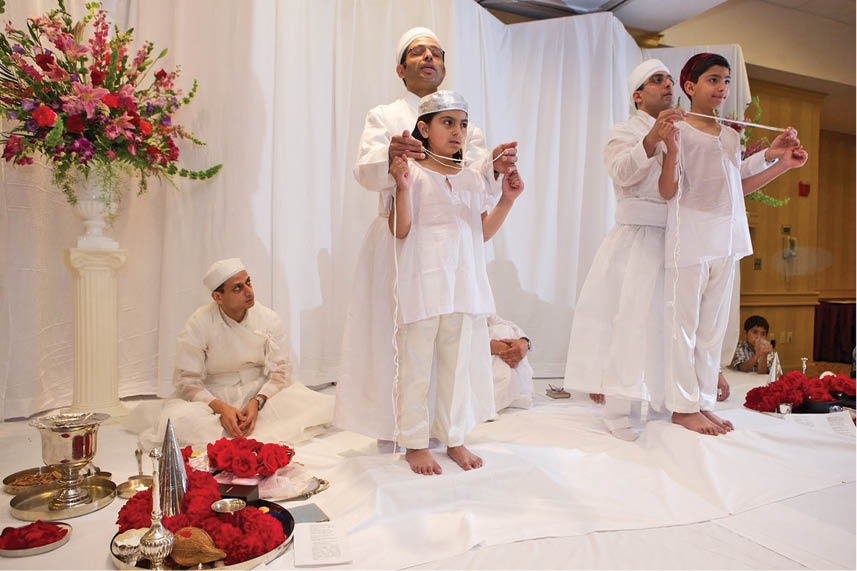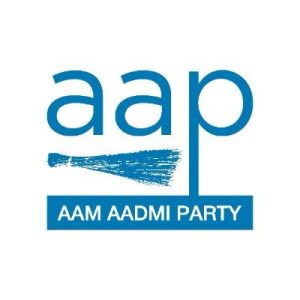Nagpur, 31 October: The announcement of a Navjote ceremony of a child born to a Hindu father and a Parsi mother in Nagpur, has sparked a heated debate within the Parsi community. The ceremony is scheduled for November 14.
The Bombay Parsi Punchayet (BPP), the apex body representing the Parsi-Zoroastrian community has declared that the child will not be recognised as a Parsi.
Navjote ceremonies are usually done at the age of seven, after which the child bears the vestments and sacred thread that a practising Zoroastrian wears. The family, Rahul Budhraja, and the mother, Dina, have sent out invites for the ceremony. A family member. “It is not a religious conversion.”
The Parsi community of around 500 in Nagpur and the local association of the community in the city have said that they will not accept the Navjote. BPP said the question of acknowledging the Navjote does not arise, as it is against the community rules and traditions.
A majority of India’s Parsis live in Mumbai. The news about the Navjote in Nagpur has spurred debate on social media and community newspapers. A son of a Parsi mother and Hindu father, had his Navjote performed in Nagpur.
A suit may be filed against the priest conducting the ceremony and the parents. A complaint could be filed against the priest for converting a Hindu child to Zoroastrianism.
The BPP with the local association) ought to pass a resolution to defrock the priests involved in performing this Navjote, and debar them for life from pursuing their religious duties.
This kind of strict penal action would act as a deterrent to the other greedy and indifferent clergy, who indulge in such acts against the Zoroastrian faith, The Nagpur association is reported to have said that the priests at the city’s only fire temple will not perform the ceremony, and it is unclear whether the family will get reform-minded priests from outside the city to conduct it.
The Navjote has revived an old debate about who can be called a Parsi. The Supreme Court orders have established that a child with a non-Zoroastrian father cannot be initiated into the ceremony, whether at religious premises or at home. The parents decided to publicize the event as if teasing the community.
There are at least three court cases challenging this view, one each in Mumbai, Kolkata, and Gujarat, where Parsi women married outside the community have sought equal religious rights for themselves and their children.
The rules were patriarchal and denied equal religious rights to women. The law should be equal for men and women./Indrani





